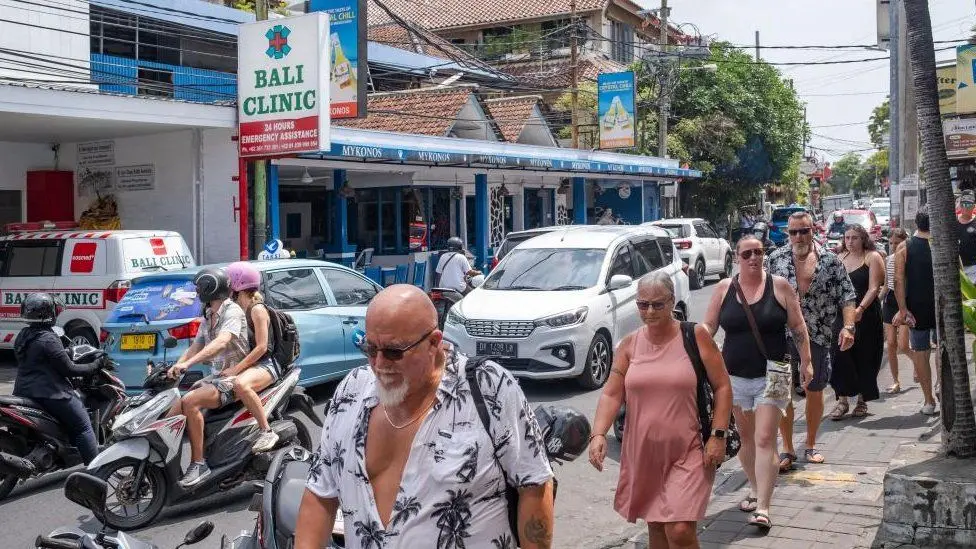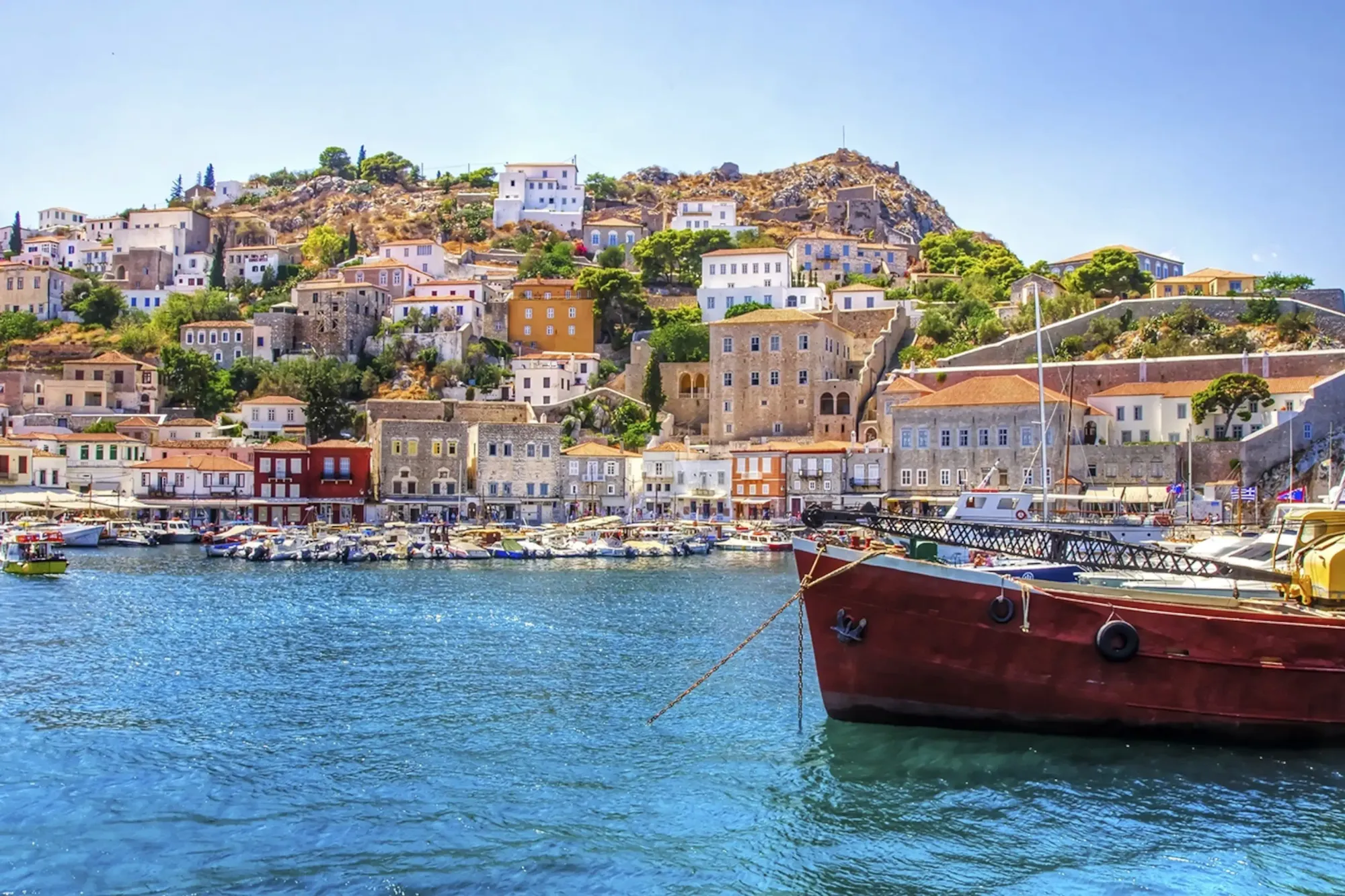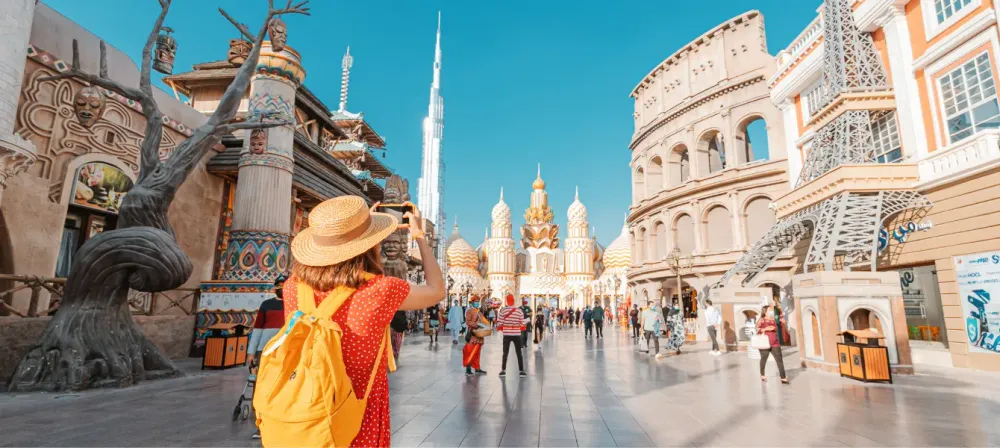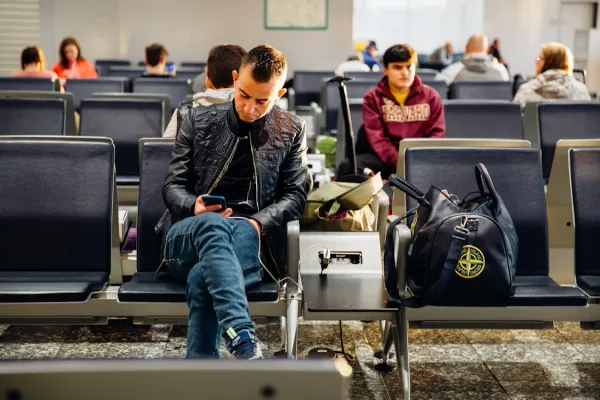Why You’ll Pay More and Behave Better When You Travel This Summer
As summer 2025 approaches, travelers are facing a wave of new fees, taxes, and regulations at some of the world’s most popular destinations. These measures aim to address overcrowding, fund local infrastructure, and protect fragile environments—but they’re also sparking debate among residents and industry stakeholders.
“All tourism relies on pristine natural and cultural resources,” says Megan Epler Wood, managing director of the Sustainable Tourism Asset Management Program at Cornell University. “Protecting these resources is essential for a sustainable tourism industry.”
Yet, the so-called “invisible burden” of tourism—pressures on infrastructure, utilities, housing, and the environment—is becoming harder to ignore. Locals in many areas are feeling overwhelmed, which can sour their interactions with visitors. Delaying action, Ms. Epler Wood warns, only makes solving these issues more costly down the line.
Here’s what travelers can expect this summer—and why these changes matter.
New Visitor Fees: Paying to Play
Bali: A $9.40 Levy for Preservation
Since February 2024, Bali has required visitors to pay a fee of 150,000 Indonesian rupiahs (about $9.40) to support the preservation of its cultural and natural sites. The island faces mounting challenges, including litter, water shortages, and overcrowding. Tourists can settle the fee online before departure or upon arrival at the airport.
Galápagos Islands: Doubling Down on Conservation
Starting August 1, 2024, foreign visitors to the Galápagos Islands started paying a $200 entry fee—double the previous rate. With a record 330,000 tourists last year, the islands are grappling with overtourism. Revenue from the fee will fund conservation efforts, infrastructure upgrades, and community programs. According to Tom O’Hara, communications manager for the Galápagos Conservation Trust, the increase aligns with UNESCO’s recommendation for a “zero-growth model” of tourism.

“It’s a complex issue,” Mr. O’Hara explains. While the fee aims to curb overtourism, he acknowledges concerns from the local tourism industry that it could deter visitors. Efforts are underway to reassure businesses that tourism won’t collapse as a result.
Venice: Day-Tripper Dilemma
In April, Venice introduced a €5 ($5.40) fee for day-trippers during peak periods. The move seeks to balance the needs of tourists and residents but has drawn criticism from locals. Matteo Secchi, president of Venessia.com, calls the initiative “a disaster for us. We are a city, not a park.” He argues that better communication strategies might have been more effective than imposing fees.
Hawaii: Climate Impact Fee Proposal
Although Hawaii’s proposed “climate impact fee” failed to pass in the State Legislature, Governor Josh Green remains vocal about the need for visitor contributions. In May, he reiterated his stance: “We need to address this issue.” A $25 fee per visitor could generate $250 million annually, funding climate disaster preparedness, erosion control, and park protection.
Higher Hotel Taxes: Funding Local Projects
Hotel taxes, already common in the U.S. and Europe, are seeing increases as destinations seek to capitalize on rebounding tourism numbers.
Greece: Climate Crisis Resilience Fee
Greece, still recovering from severe wildfires last summer, has replaced its old hotel tax with a climate crisis resilience fee. The charge ranges up to €10 per night at five-star hotels during peak season (March to October), dropping in the off-season and at lower-rated accommodations. Funds will bolster Greece’s ability to handle future environmental crises.
Amsterdam: Steeper Stays
Amsterdam hiked its hotel tax from 7% to 12.5% in January 2025. Cruise passenger taxes also rose to €14 per person per night, up from €11. These funds will support sustainability projects, such as installing solar panels and air conditioning in public schools.

Barcelona: Olympic Preparations
Barcelona recently finalized a gradual increase in its hotel tax, now set at €3.25 per night. Further hikes may target short-stay rentals and cruise stopovers. The revenue supports green initiatives, including renewable energy installations in schools.
Behavioral Restrictions: Keeping Tourists in Check
Beyond financial measures, several destinations are cracking down on behaviors that disrupt local life or harm the environment.
Japan: Capping Crowds at Mount Fuji
Authorities in Japan are capping daily visitors to Mount Fuji at 4,000 and introducing a 2,000-yen ($13) access fee for summit climbers. Kyoto’s historic Gion neighborhood has closed certain narrow streets to tourists due to congestion in the Geisha district. Isokazu Ota, a leading council member, explains, “We’re desperate.”
Milan: Late-Night Crackdown
Milan has implemented new rules to combat rowdy behavior. Outdoor seating is banned after 12:30 a.m. on weekdays and 1:30 a.m. on weekends in certain areas. Late-night sales of takeaway food and drinks are also restricted.
Balearic Islands: Tackling Party Culture
In Majorca and Ibiza, the government has outlawed late-night alcohol sales and street drinking in tourist-heavy zones. Party boats now face tighter restrictions too. Marga Prohens, president of the Balearic Islands, emphasizes that “tourism has negative externalities that must be managed and minimized.” She insists that local tourism cannot continue growing unchecked.
Balancing Act: Will Tourists Stay Away?
While these measures aim to create a more sustainable and harmonious relationship between tourists and locals, some fear they could backfire. Residents in places like Venice worry that fees and restrictions might discourage visitors altogether, harming the local economy. Others argue that without intervention, the very attractions drawing tourists will degrade beyond repair.
For travelers, the message is clear: prepare to pay more and behave better—or risk missing out on the experiences you love. As destinations adapt to the realities of modern tourism, the choices made today will shape the future of travel for generations to come.





